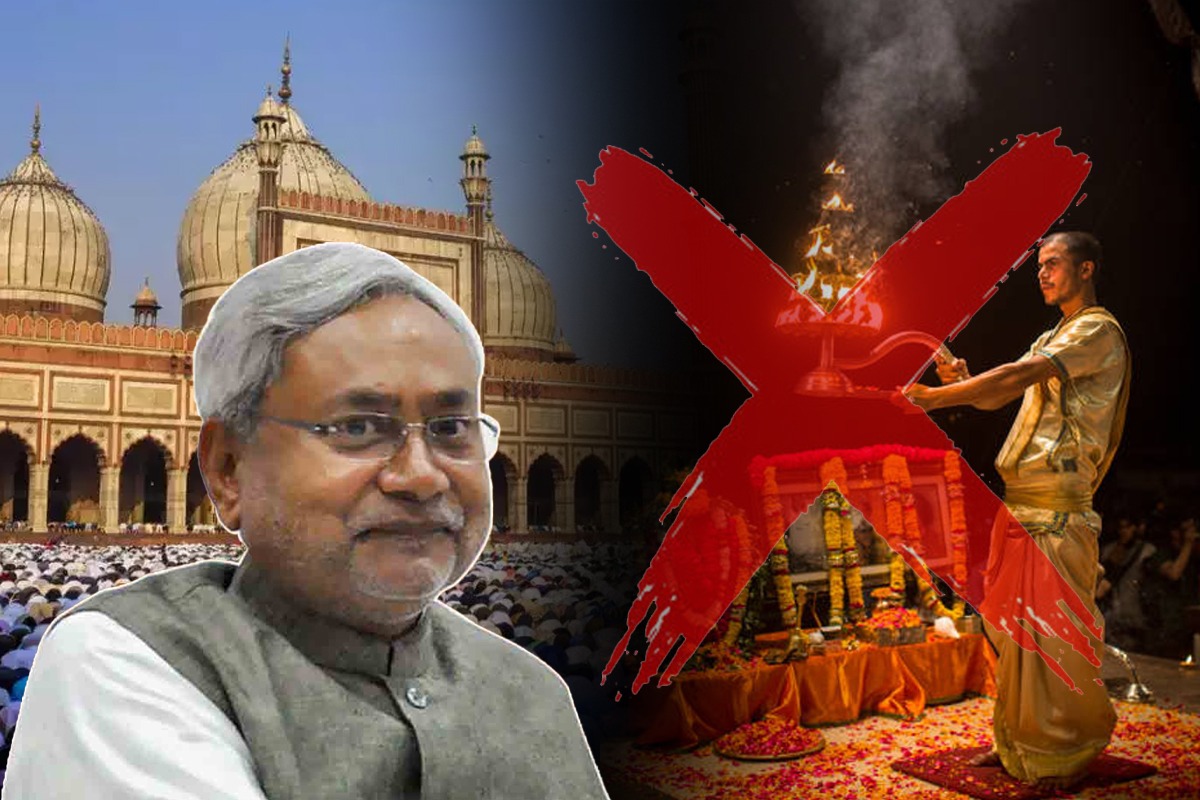The recent controversy over the Bihar government’s decision to slash Hindu holidays off the academic calendar for 2024 has sparked a heated debate on the issue of secularism and minority appeasement in the state. The National Commission for Protection of Child Rights (NCPCR) has intervened in the matter and asked the Nitish Kumar-led government to ensure equal opportunities for children of all faiths to celebrate their religious festivals. The BJP, the former ally of the JD(U), has slammed the government for allegedly increasing the number of holidays for Muslim festivals while reducing them for Hindu festivals. The Bihar education department has defended its move, claiming that the confusion arose due to separate holiday calendars for Hindi and Urdu medium schools and that the total holidays proposed for 2024 remain the same as previous years.
However, the BJP’s allegations are not without merit. The Bihar government has indeed reduced the holidays for Hindu festivals such as Janmashtami, Ram Navami and Maha Shivaratri while increasing them for Muslim festivals such as Eid and Bakrid. Moreover, the government has also allowed weekly offs on Fridays in Muslim-majority districts such as Araria, Kishanganj and Purnea, which is a clear violation of the principle of uniform civil code. The government’s argument that this is a convention followed in many states is untenable, as it goes against the spirit of the Constitution, which guarantees equal rights and dignity to all citizens irrespective of their religion.
The Bihar government’s decision to cut down Hindu holidays is nothing but a blatant attempt to appease the Muslim vote bank, which constitutes nearly 17% of the state’s population. The JD(U), which has been losing ground to the RJD and the Congress in the state, is desperate to woo the Muslim voters, who have traditionally supported the opposition parties. The JD(U) is also trying to distance itself from the BJP, which is seen as a pro-Hindu party, and project itself as a secular and inclusive party. However, by doing so, the JD(U) is not only alienating the Hindu voters, who form the majority of the state but also undermining the cultural and religious diversity of the state.
The Bihar government’s decision to slash Hindu holidays is not only unfair and discriminatory but also counterproductive and divisive. It will create a sense of resentment and injustice among the Hindu community, who will feel that their faith and identity are being ignored and suppressed by the state. It will also create a sense of entitlement and superiority among the Muslim community, who will feel that they are being favoured and privileged by the state. This will widen the communal divide and polarize the society along religious lines, which will have adverse consequences for the social harmony and development of the state.
The Bihar government should reconsider its decision and restore the Hindu holidays in the academic calendar. It should also ensure that the holidays for all religions are balanced and proportionate and that no community is discriminated against or favoured by the state. The government should respect and celebrate the diversity of faiths and cultures in the state and promote a culture of mutual respect and tolerance among all communities. The government should also focus on the real issues of the state, such as education, health, employment, infrastructure and law and order, rather than playing vote bank politics and appeasing one community at the cost of another.










